|
Genres, Themes, Actors, and Directors:
- Ernst Lubitsch Films
- Heists
- Herbert Marshall Films
- Kay Francis Films
- Love Triangle
- Miriam Hopkins Films
- Mistaken Identities
- Romantic Comedy
- Thieves and Criminals
Response to Peary’s Review:
Peary is only mildly enthusiastic in his praise of this pre-Production Code “sophisticated sex comedy” by Ernst Lubitsch, noting that while it has “excellent dialogue” and “sly performances”, he doesn’t “find it as spirited as other Lubitsch comedies”. However, I’m more in line with other critics, many of whom consider it to be Lubitsch’s masterpiece. The love-triangle storyline is simple yet sophisticated, beginning with Marshall and Hopkins’ meet-cute during mutual thieving in Venice, and carrying through to their more elaborate plans to rob a wealthy widow (Francis) of her jewels — which is complicated by Francis’s confident sexual designs on Marshall, who isn’t entirely uninterested in her himself. (As Roger Ebert so aptly describes Francis’s character in his Great Movies review, she’s “a woman of appetites and the imagination to take advantage of an opportunity”, someone who “thinks she can buy [Marshall] but is content to rent him for a while”.) Indeed, I’m surprised Peary doesn’t take time in his GFTFF review to point out the droll perfection of Francis’s performance — though he does nominate both her and Hopkins as two of the Best Actresses of the Year in his Alternate Oscars (and I believe Marshall gives one of his personal best performances as well). A fine cast of familiar supporting faces, luxuriously sophisticated Art Deco sets, and consistently amusing dialogue (“Marriage is a beautiful mistake which two people make together”) make Trouble in Paradise a true treat for film fanatics, one which merits multiple enjoyable visits.
Redeeming Qualities and Moments:
- Kay Francis as Madame Colet (nominated by Peary as one of the Best Actresses of the Year in his Alternate Oscars)
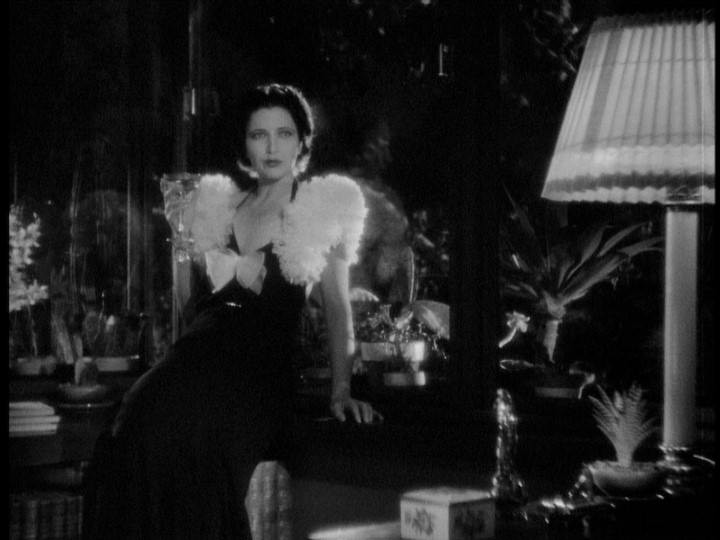
- Herbert Marshall as Gaston

- Miriam Hopkins as Lily (nominated by Peary as one of the Best Actresses of the Year in his Alternate Oscars)

- Fine Art Deco sets
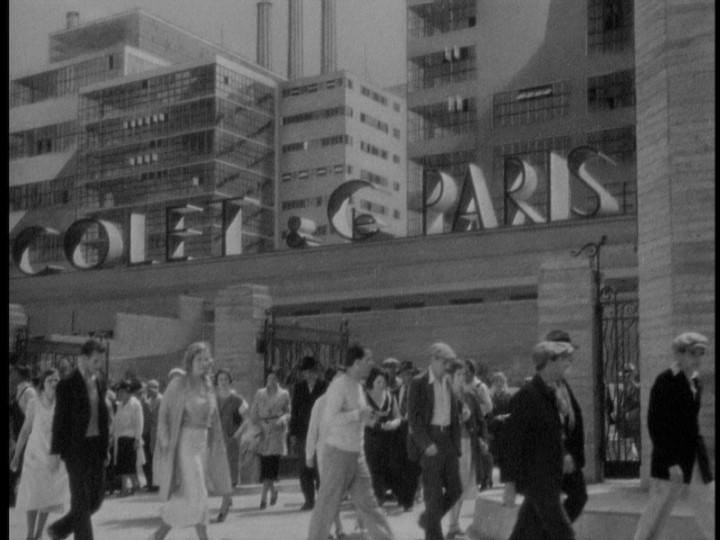
- A wonderfully comedic supporting cast
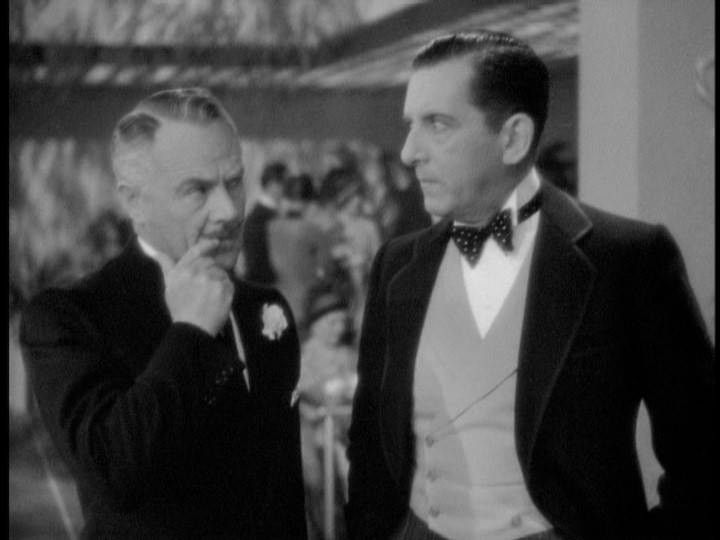
- Victor Milner’s cinematography
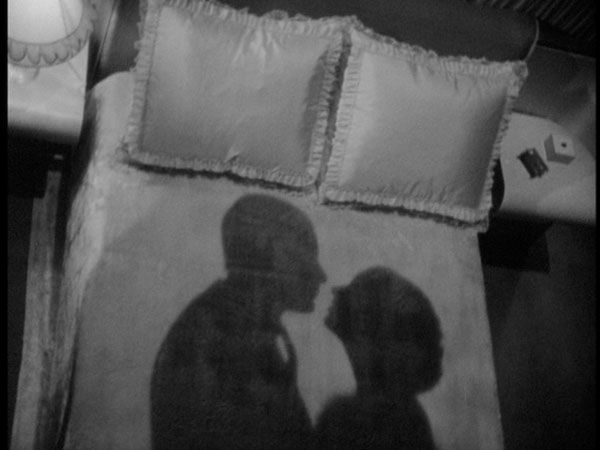
Must See?
Yes, most definitely. Nominated as one of the Best Pictures of the Year in Alternate Oscars.
Categories
(Listed in 1001 Movies You Must See Before You Die)
Links:
|
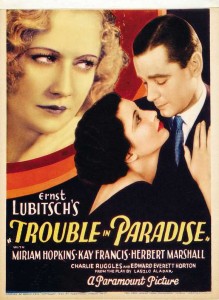






One thought on “Trouble in Paradise (1932)”
A once-must for several reasons – but, unfortunately, Hopkins is not among them.
What exactly is wrong with Hopkins – and the bulk of her film work? Well, to me, it’s simple: whereas the words “nuance” and “modulation” are not in her acting vocabulary, the word “shrill” rules everything she does. She rarely seems to take even a second to think about anything she is saying or to absorb anything she hears. The result is a sameness in most of her performances – and the feeling that she’s in love with herself and in love with the idea of being an actress. (Could that be the main reason Bette Davis disliked her so much? ~because she tended to be an insult to the acting profession?) Personally, I find Hopkins intolerable and a real chore to watch. She only really starts to bother me a little less much later in her career (in the ’60s, in things like ‘The Children’s Hour’ and ‘The Chase’, where she has small supporting roles).
Hopkins did not have staying power in Hollywood – so draw your own conclusion. At least – in this film – so much works well that Hopkins is somewhat less of a distraction (~although Marshall’s attraction to her sort of defies reason and the pair’s styles seem to clash – mainly since Marshall *has* a style).
Overall, this is a sparkling Lubitsch concoction and quite a bit of fun. Of course, it’s total fluff but it’s filled with the director’s signature touches, moves well and looks great. As well, the editing is noticeably sharp, with a number of effective scenes lasting a mere seconds. The cast (or, rather, 99% of them) appear to be on the same page. (I particularly enjoy the quiet rivalry between Charlie Ruggles and Edward Everett Horton.)
It’s true that Ms. Francis is not well-remembered these days – but her performance here (as opposed to her paper-thin character in ‘One Way Passage’) is “sly” indeed and her chemistry with Marshall (agreed; his work here is superb) is more than evident. The two seem to be having a terrific time.